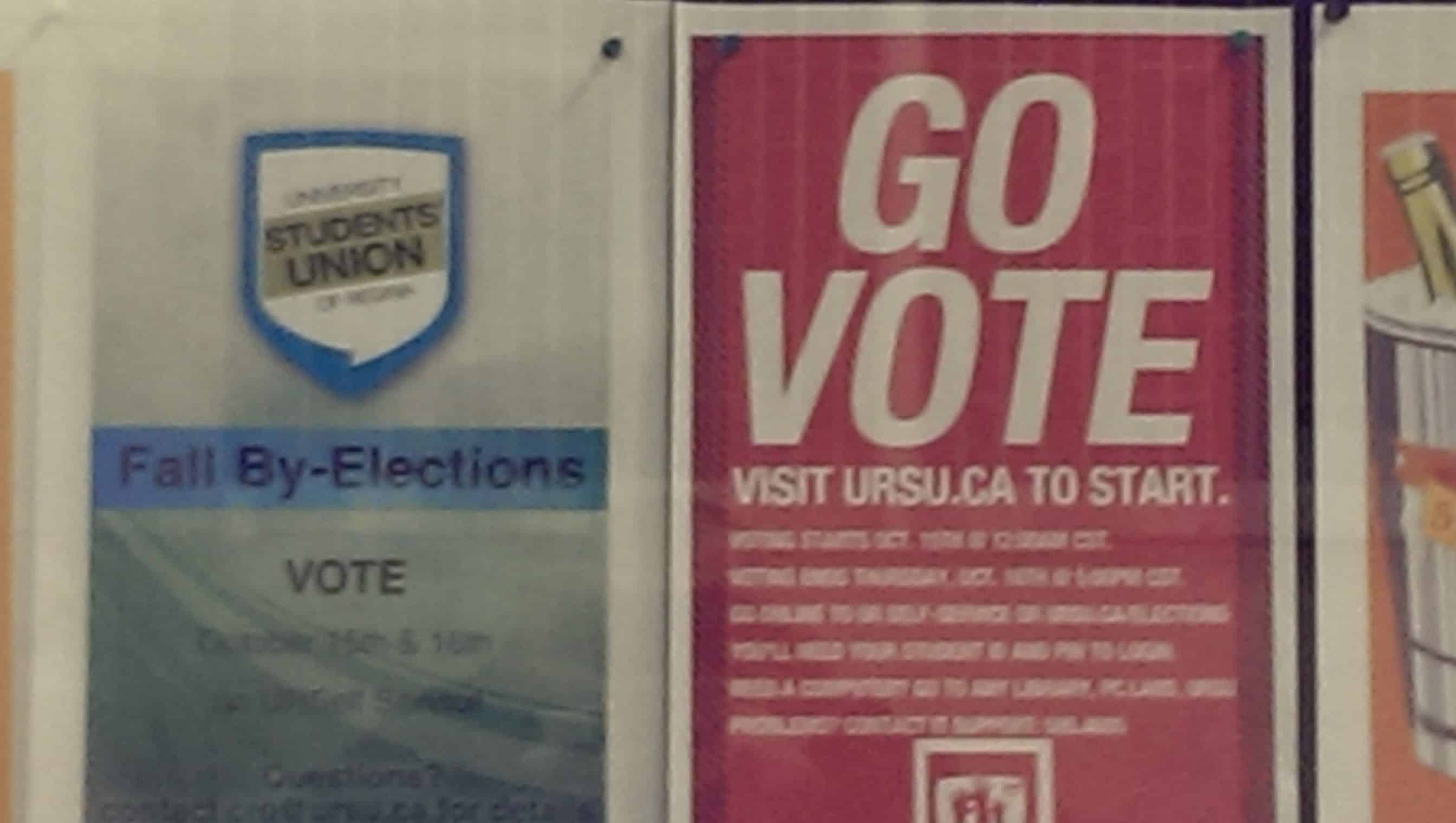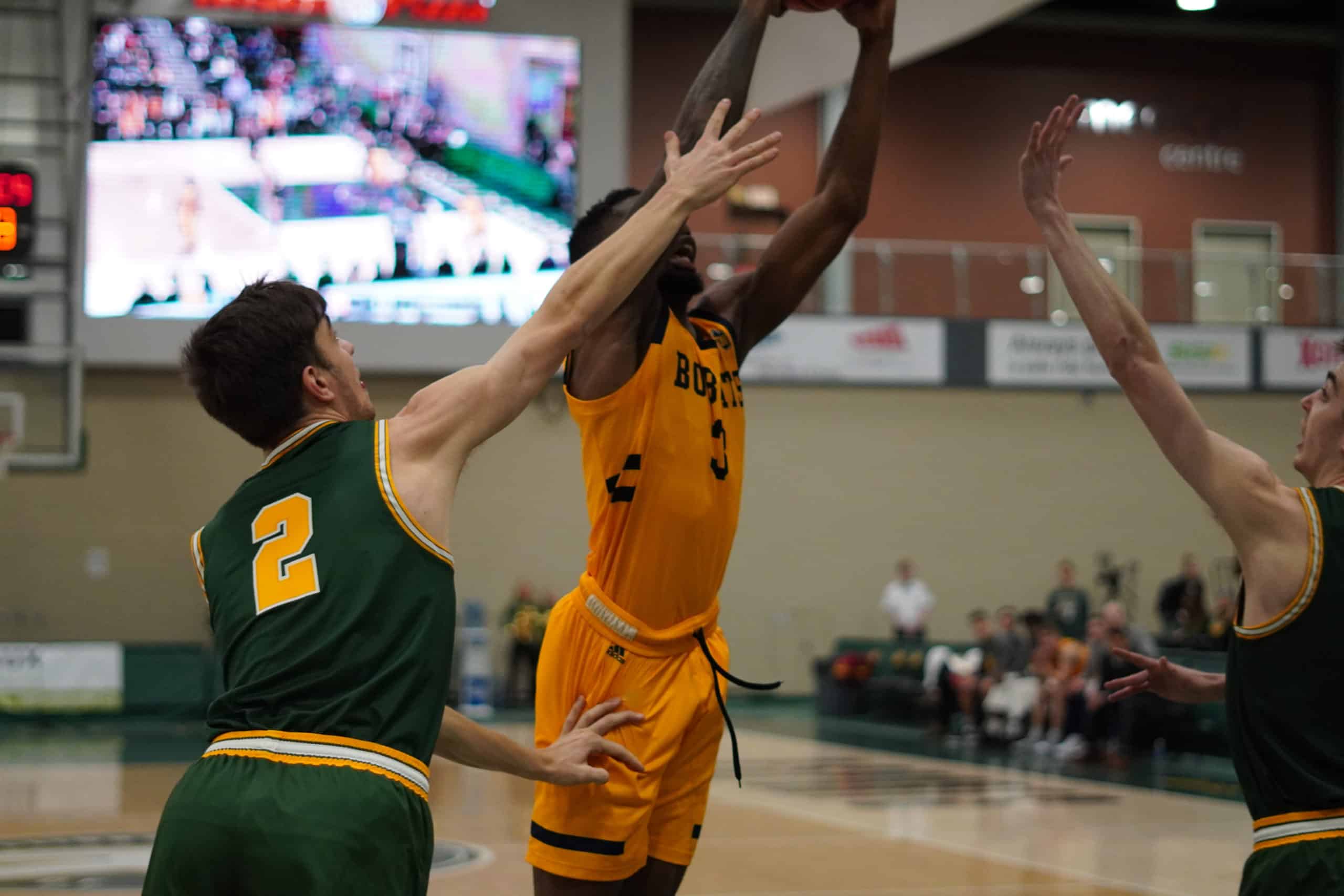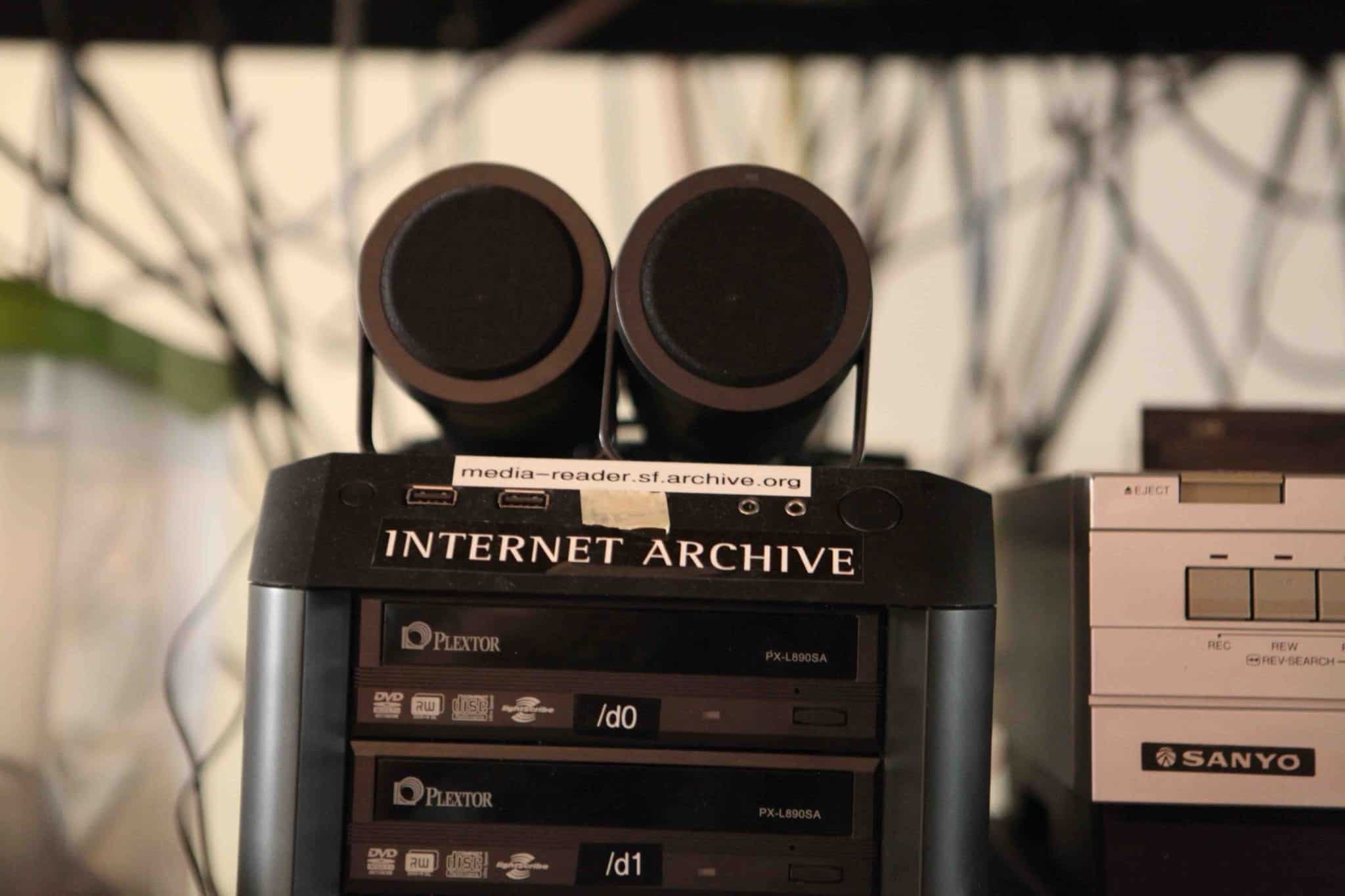Stand up and be counted

Students can’t complain if they don’t vote to be represented.
Author: John Loeppky
Ah, student politics, that well-known bastion of student representation that is never neglected. Always championed. In no Canadian university does a board seat go unfilled. Never, on campuses north of the border, is student apathy even a consideration.
What a fanciful notion. With the recent URSU by-elections, another round of voting has occurred and, yet again, the student body has announced that they, to the general astonishment of all who follow this news, couldn’t give less of a shit about who represents them. While no voting statistics were available at the time of this article’s writing, the amount of nominations that were received, and the number of position left unfilled, say plenty about the political situation on campus.
Of the ten positions for which by-elections were held, only six had candidates. That is pathetic. That positions concerning two of the biggest faculties on campus even had to be sent through such a process (Education and Arts) shows that our campus has a long way to go before it can begin to consider itself an institution which is significantly student-led.
In case you were wondering, the positions that have completed two rounds without being filled are the differently-abled students’ director, FNUC students’ director, Luther director, and Fine Arts director. You would think that given that the amount of students represented by the aforementioned directors is (comparatively) not as large a number as those of the of the others, they would have more of an incentive to stand behind a candidate; they would develop a bigger drive to have their voices heard. Instead, their representatives are not present, having chosen not to enter into the U of R’s version of the political machine.
Now, one could argue that this series of no-shows is purely an example of student apathy; indeed, I made a very similar point about two hundred and fifty words ago. To do so, however, would be to ignore our campus’ political system and its failings.
For example, a couple of years ago a number of students who were running for URSU positions — I refuse to even call them candidates — appeared outside of my residence room. With this particular instance occurring on a Saturday evening, a time at which I am not (usually) politically inclined, I was not exactly the most loving receptor of their message. Once I had let them ramble on about how they would ‘represent students’ and ‘fight for lower tuition costs,’ I asked them what their platform was. The deer in the headlights look I received in return told me all that I needed to know. Hell, a type of shoe would have been a better answer than the noncommittal blinking I witnessed.
If your candidates don’t even know the jargon of the campaign trail, how can they be expected to learn the vocabulary of the boardroom? And, given the problems facing students today, how can it be that the students would rather leave an empty seat at the negotiation table, than fill it with at least somebody with a student card and a pulse?









